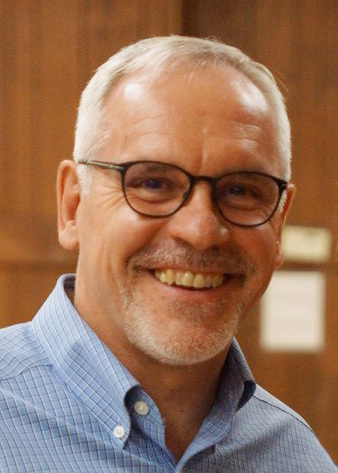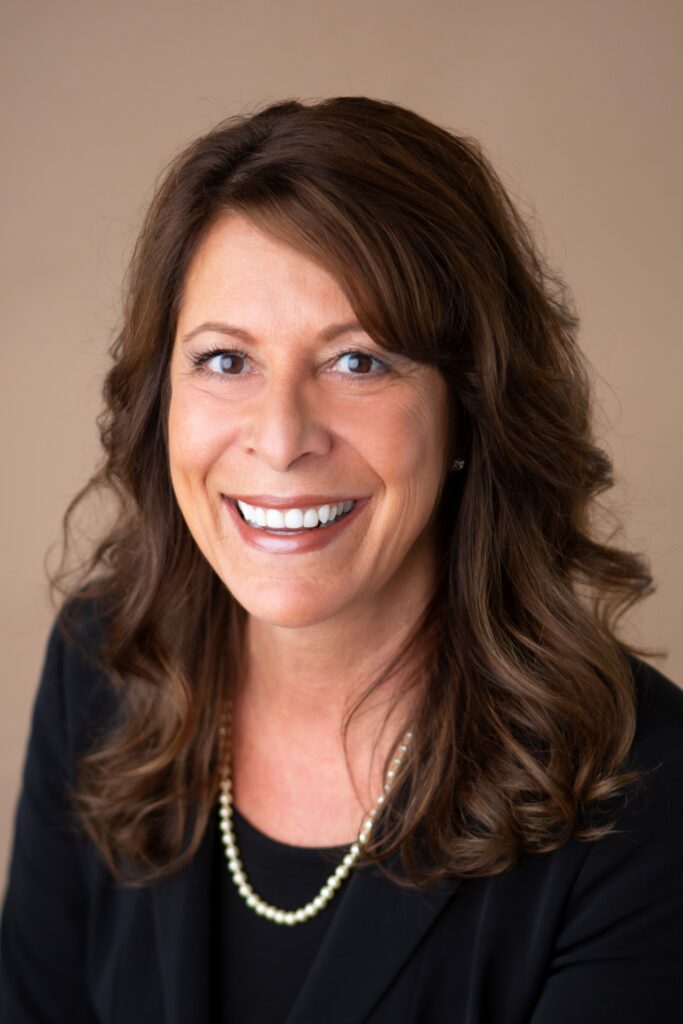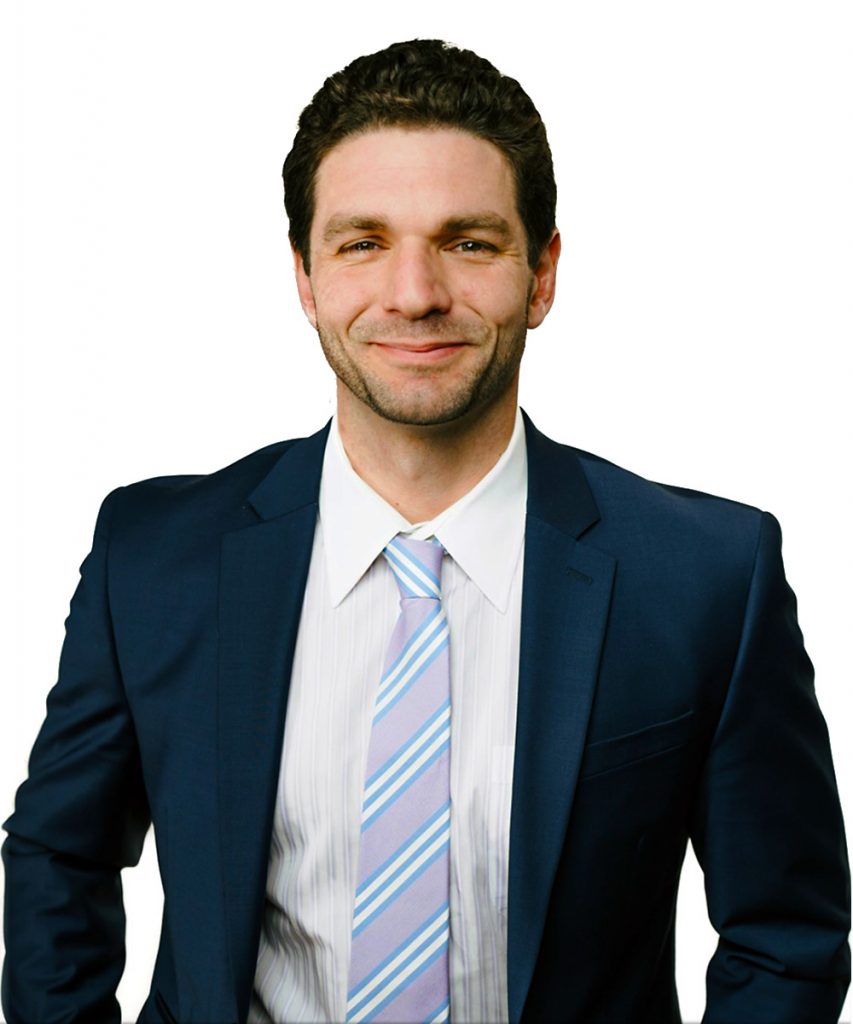The reverse mortgage industry continues to see the incorporation of financial planner professionals into referral partnerships as a strong path forward for the generation of new reverse mortgage business, as heightened business activity continues to take place amidst the additional interest in the product category that has accompanied the COVID-19 coronavirus pandemic.
However, many planners are either averse or resistant to engaging with reverse mortgage professionals due to a whole host of reasons, including perceptions about the regulatory climate that may not always conform to reality, or lingering reputational issues which continue to hamper the understanding of what a reverse mortgage can entail for a senior.
To that end, RMD has taken a closer look at some of the recent moves of lenders big and small to try and gauge how successful the industry has been recently in bringing more financial planner professionals onboard as referral partners.
FAR and the FPA
Both Finance of America Reverse (FAR) and Fairway Independent Mortgage Corporation have forged high-profile partnerships over the past year with two prominent financial advisor associations. In FAR’s case, last year they announced an educational collaboration with the Financial Planning Association (FPA), in which the parties will jointly launch a series of educational programs. RMD sought an update from FAR on how that partnership is progressing, and the lender described that it is going well in educating planners.
“It’s going incredibly well,” says Kellan Brown, VP of business development and strategic partnerships at FAR. “FAR has a dedicated Retirement Strategies Division whose overarching goal is to raise awareness about using housing wealth in a retirement plan. This partnership marries that effort perfectly. FAR prides itself on innovation, and finding a more comprehensive approach to retirement is exactly what financial advisors are wanting to see. With the support of the FPA we have been exposed to Advisors that we would not have been by our grassroots efforts alone.”
The pandemic has certainly complicated the ability for the partnership to extend to in-person events and business travel, Brown says, but the partnership is moving ahead at a steady clip and pandemic conditions may have played a role in enhancing participation in other virtual collaborations the organizations have had.
Fairway and NAIFA
For Fairway, the partnership forged with the National Association of Insurance and Financial Advisors (NAIFA) is designed to position Fairway as a subject matter expert in NAIFA’s Limited & Extended Care Planning (LECP) Center, and to similarly create mutually-beneficial educational materials to expand the footprint of both FAR and NAIFA in the home equity space for retirement.
Fairway will provide educational materials for NAIFA-sponsored events like webinars, blog posts and print pieces in the association’s Advisor Today magazine publication. Additionally, Fairway subject matter experts will also join NAIFA’s National Speaker’s Bureau, and the two organizations will collaborate through the LECP Center to further the education of financial planners and consumers on a host of mortgage-related topics, including the greater incorporation of home equity into retirement planning.
Harlan Accola, Fairway’s reverse mortgage director, recently described for RMD that the partnership is progressing positively and crucially had to be positioned in a way that was mutually beneficial: not just to give Fairway loan officers reverse mortgage leads, but to assist in the goals of NAIFA as an organization.
“We have the luxury of having 600 offices, so no matter where there’s a NAIFA place, we can send one of our people in,” Accola told RMD at the recent Sales & Marketing Forum digital event. “So wherever NAIFA is meeting, we can [also] meet with them. […] There’s 25,000 members of NAIFA, and our goal is to have 1,000 Fairway members within a year-and-a-half, by the end of 2022. Because that’s the only way: we’ve got to help them.”
Simply asking for leads from the organization is a recipe for a cold shoulder, Accola explains. There has to be a mutually beneficial arrangement.
“You don’t walk into NAIFA and say, ‘hey, I’d like some leads,'” Accola says. “That will not work, and many people have tried that. You walk in and say, ‘what can we do to help? How can I help you increase your business?”
CrossCountry Mortgage partnership
The realm of appealing to financial planners in new ways is not exclusive to the top 10 companies in the reverse mortgage industry, either.
In December of 2020, multi-channel lender CrossCountry Mortgage (CCM) forged a new educational partnership with the Society of Financial Service Professionals (FSP), an association made up of CPAs, attorneys, insurance experts, and financial advisors from many disciplines. The partnership is specifically designed to educate FSP members on the reverse mortgage product category, specifically the Federal Housing Administration (FHA)-sponsored Home Equity Conversion Mortgage (HECM) program.
After serving as the sponsor for the 2020 FSP Institute, Senior VP of CrossCountry’s HECM Lending Division Susan Pomfret, RICP, gained first-hand experience of the importance that comes with educating planners about a financial tool that may help some clients in a particular situation.
“Our mission is to educate, and we were impressed with the core values of the organization, providing top-quality educational opportunities with industry experts and thought leaders,” Pomfret tells RMD in an interview. “We collaborate well, and when we started brainstorming on the best opportunities to educate the FSP audience, it all seemed to fall into place.”
While CCM reverse mortgage originators maintained reliable referral partnerships with financial planners prior to the engagement with the FSP, the partnership will go a long way in simply adding to the educational plans since there is still a long way to go in terms of educating people outside the reverse mortgage industry about the product’s potential applications.
Pomfret, who has been involved with the FHA reverse mortgage program since originating her first HECM loan in 1989, has seen the misconceptions take many forms, and knows that the road ahead may be smoother while remaining difficult.
“As you know we’ve been combating these misconceptions for too many years. What I heard back in 1989 I am still hearing today, and sadly we as an industry have not done a good enough job debunking these myths,” she says. “Getting in front of more and more financial service professionals and their clients to discuss these misconceptions will surely help clear up the confusion out there.”
Academy for Home Equity in Financial Planning: proposed language for financial planners
Earlier this year, the Academy for Home Equity in Financial Planning based in the University of Illinois Urbana-Champaign released a publication featuring proposed guidance language for broker-dealers and investment advisory firms to use which could help govern planners’ interactions with reverse mortgage products.
The publication is the product of work from many prominent financial experts that have collaborated with the Academy in the past, including Dr. Craig Lemoine, Betty Meredith CFA, Dr. Wade Pfau, Jamie Hopkins and others. One thing the publication aims to do is to clarify the positions of organizations including the Financial Industry Regulatory Authority (FINRA), while also describing how many broker-dealers have lifted prior restrictions on the discussions of reverse mortgage products.
Hopkins previously told RMD when the publication was first released that his hope was that financial institutions’ compliance departments would simply realize that it may have been a while since they updated any guidance having to do with reverse mortgages. Now, after having received feedback from a few different compliance departments, he says that there has been an abundance of feedback on both the positive and negative ends of the spectrum.
“But that’s a good thing,” Hopkins says in an interview. “On our side, it means we’re doing the right thing, we’re stroking the right conversations. When there’s disagreement, that’s actually healthy and good. I do know that loan officers have reached out telling me that they’re sending it to advisors. I’ve had a couple of advisors call me about it. But, we’re definitely getting the type of traction that we wanted. We’ve got some next steps and conversations planned, we’d like to kick off with a couple larger compliance departments, and some thought leaders and associations. We’ve started those introductions over the last month. So all in all, I think I’m very happy with it.”
The worst thing that could’ve happened, Hopkins says, is that compliance departments and financial advising firms had gone silent after the model language was released. Thankfully, that hasn’t taken place, and passionate discussion that is positive or negative can still be productive, he says.
“It’s always good when you release something and it doesn’t just go silent,” Hopkins tells RMD. “Even in an angry call, it’s helpful when you’re talking about trying to push people forward in an area that, for some companies, there has been a lack of movement in updating their best policies and procedures. So I’m very happy with that. I’m proud of the Academy for the work they put into it. And that said, my view is that it’s going well right now, but we’re definitely in a phase of it and not finished with some of our work around it.”






